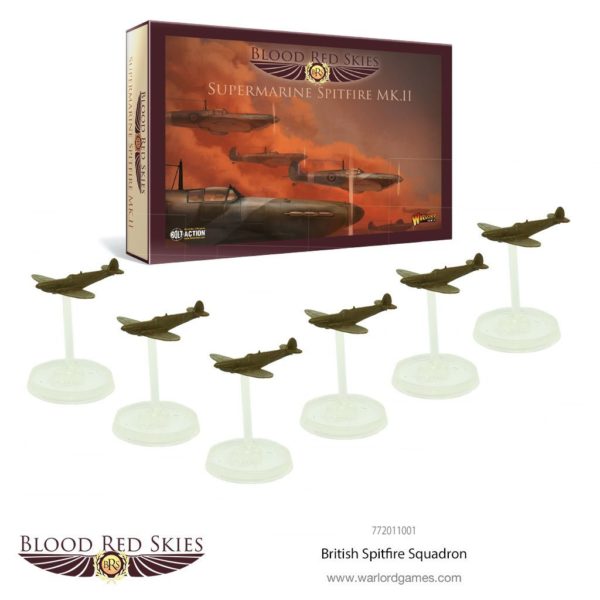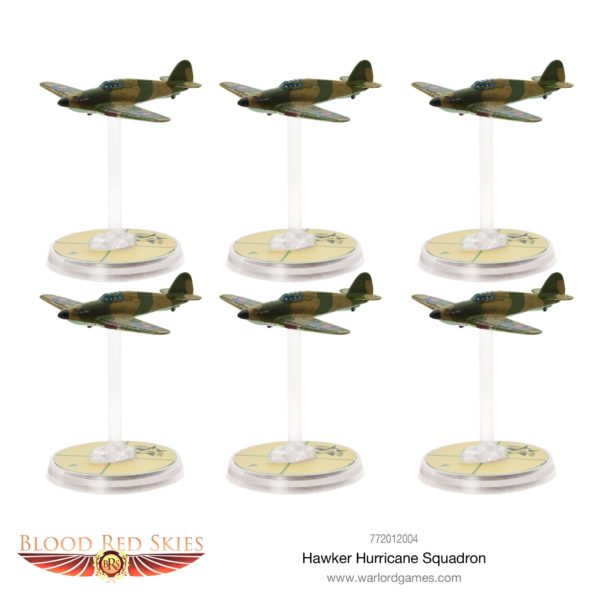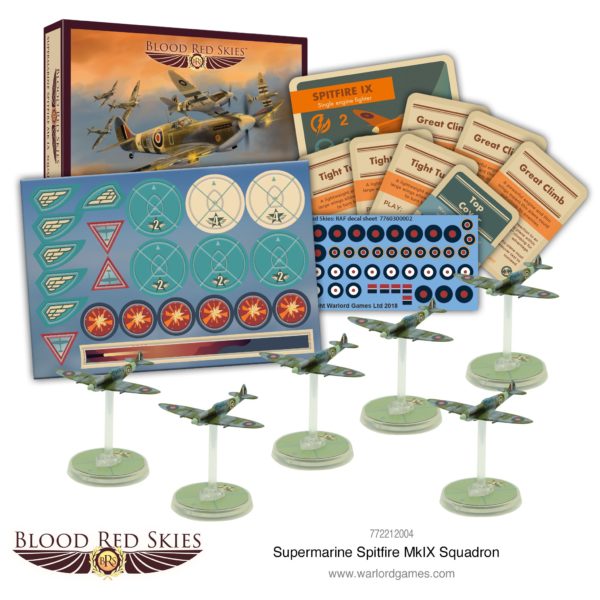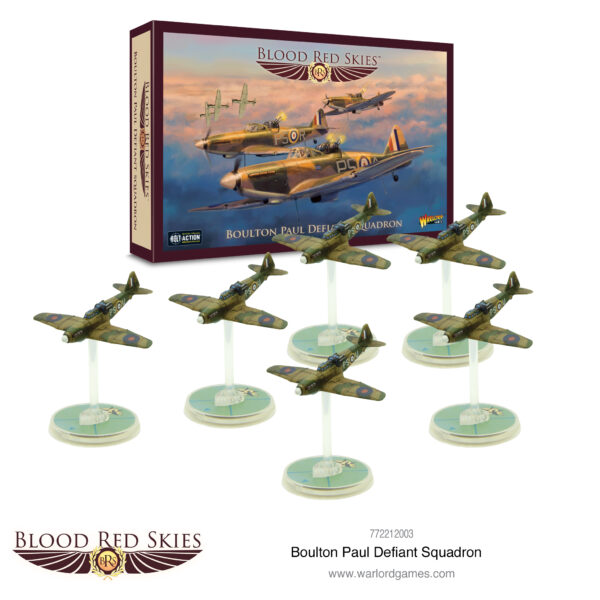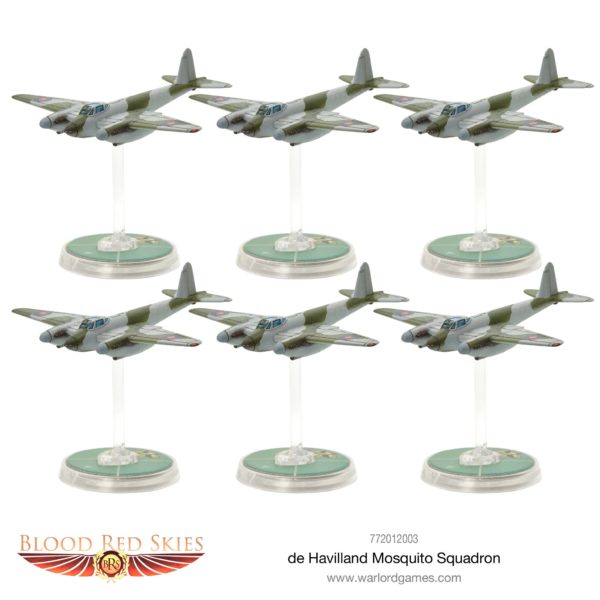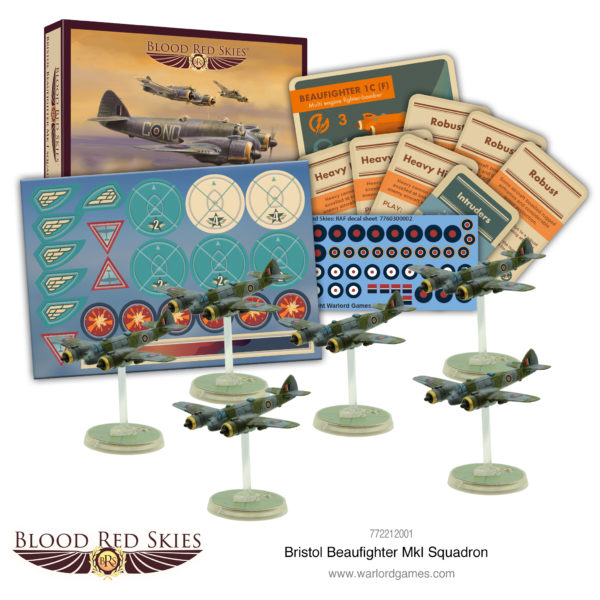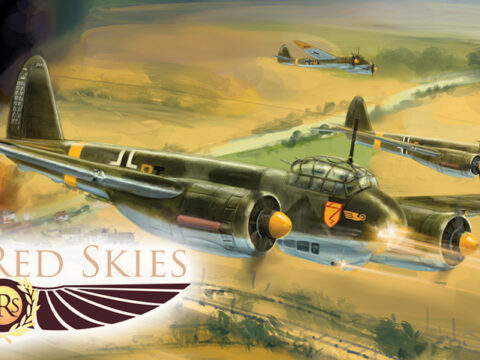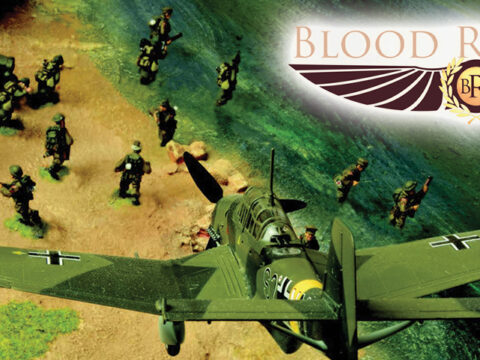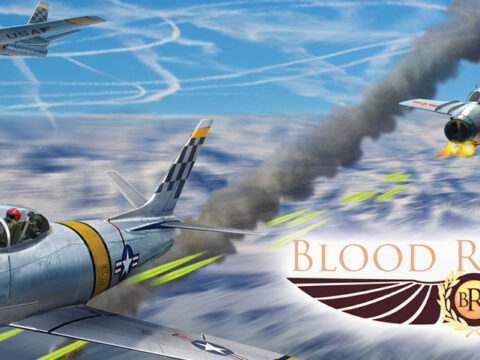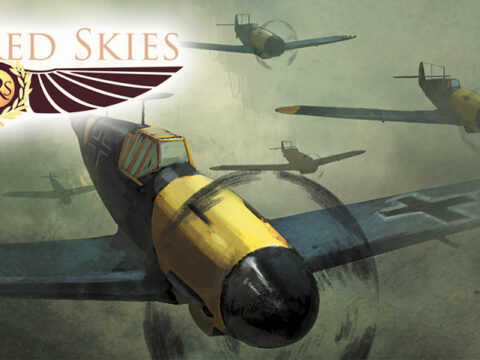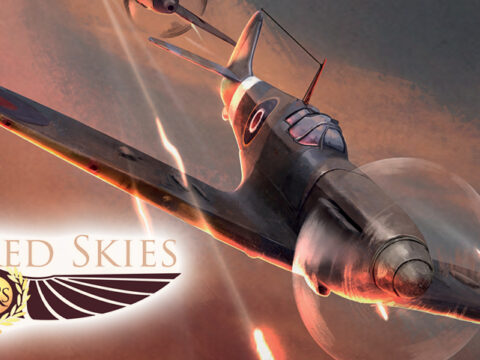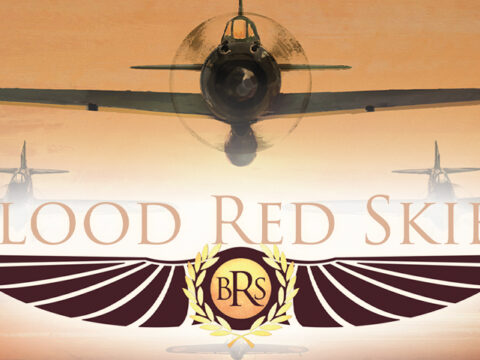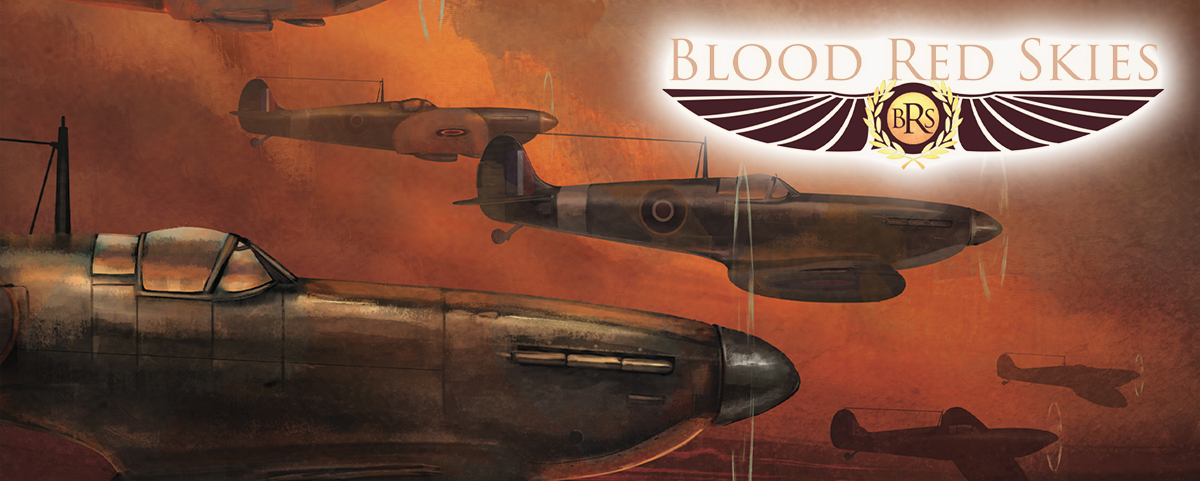
Few flying machines can claim to be such icons of aviation as the Supermarine Spitfire. The telltale call of its merlin engine still incites the hearts and minds of any who hear it three-quarters of a century after the Battle of Britain. “Never was so much owed by so many to so few”.
Designed by R.J Mitchell in the mid-1930s, he had more or less free reign in development, unshackled by any official regulations. His initial designs were based around the Rolls Royce Merlin engine, though the MkII specifically employed the Merlin XII.
Though the Spitfire’s performance in the Battle of Britain actually pales in comparison to the sturdier Hawker Hurricane, which downed more enemy aircraft and was flown in far greater numbers, it is the Spitfire’s legacy that endures far deeper. The aim of fighter command was for the Spitfire to engage the bomber escorts, whilst the Hurricanes engaged the bombers themselves. The Spitfires, however, recorded a lower attrition rate than the Hurricanes, recording a far higher victory-to-loss ratio- it is to that which the public fascination is married.
Popular amongst pilots for its agility, through a combination of its elliptical wing design and Merlin engine, it could outturn its most famous foe over the south of Britain, the Messerschmitt BF109.
As the war developed, the Spitfire played increasingly diverse roles, but with technologies improving, and the arrival of the Focke Wulf 190 in the skies above Europe, the successful airframe of the Spitfire Mk5 would need pairing up with a yet more powerful engine – enter the Mk.IX…
Join the Battle!
Formed from the amalgamation of the illustrious Royal Flying Corps and Royal Naval Air Service, the RAF built on the achievements of its First World War predecessors to form the first independent air force – utilising its skills to police the British Empire during the inter-war period, before being swept up in the maelstrom of the second world war.
In the early 1940s, the RAF received its first baptism of fire against the German Luftwaffe during the Phoney War and Battle of Britain. Despite facing off against technologically superior aircraft, the RAF’s pilots triumphed against all the odds, preventing the Germans from achieving air superiority over the British Isles and forestalling an amphibious invasion.
Successive designs of more powerful Spitfire and innovations in strategic and tactical doctrine allowed the RAF to secure the skies over Europe and dominate battlefields in the Mediterranean and the Far East. Flights of droning Lancaster bombers pounded industrial targets in occupied Europe, while swarms of fighters duelled their Axis counterparts.
With the entry of the United States into the war, the RAF began cooperating closely with their transatlantic counterparts, first over Tunisia, and then over France during the D-Day campaign and the final liberation of Europe. By the end of the war, the RAF remained one of the world’s finest air forces, sporting cutting-edge jet fighters and some of the finest airmen ever to take to the skies.

